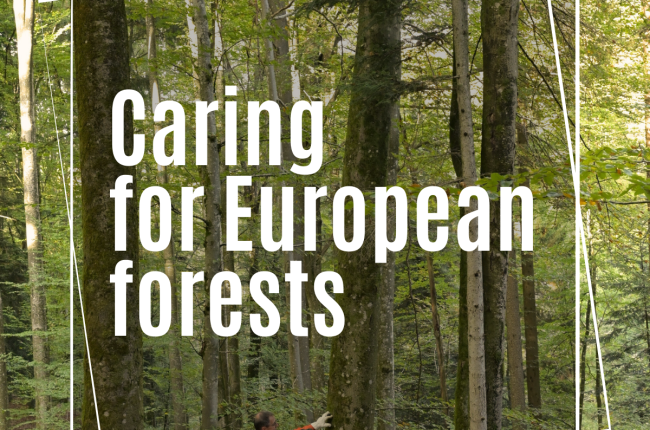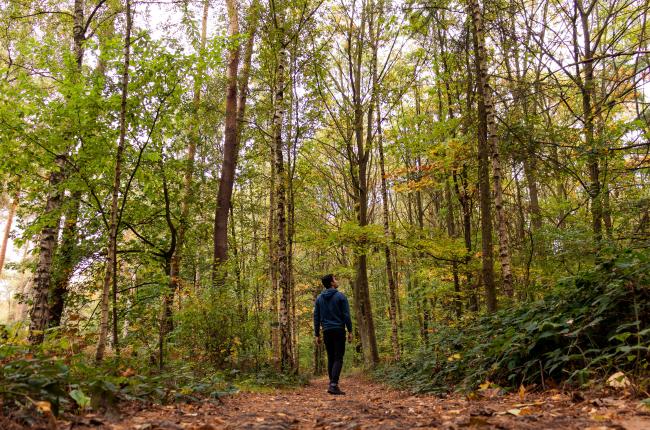
The Strategy importantly recognises the role of forest management and those who are responsible for it through stating that “promoting and sustainably managing forests will help to adapt to climate change in a cost-effective way”.
Among the horizontal EU actions and measures announced, some will be crucial to support European forest owners to tackle climate change impacts:
- Help to close knowledge gaps on climate impacts and resilience: European forest owners are carrying out permanent efforts to adapt forest management choices to climate change. Knowledge has already been substantially developed over the last decade but more needs to be done as climate change is as dynamic as sustainable forest management.
- Explore the best way to improve the collection of uniform and comprehensive loss data and help to examine natural disasters insurance penetration in Member States and promote it: it is today challenging for forest owners to have a complete and comprehensive forest insurance to cover natural disasters. Depending on the risks and the areas some insurances or mutual funds can support forest owners, but these are not widespread practices. This makes the risk of owning a forest very high and can discourage forest owners to keep investing in their forests given the growing pressures on their forest.
- Integrate adaptation in the forthcoming EU Forest Strategy (EUFS): the future EUFS will have an important role to play to complement the EU Climate Adaptation Strategy. European forest owners expect that the EUFS will bring in expertise and propose concrete adaptation solutions on how to increase forests’ resilience.
- Strengthen its support to protect the potential of genetic resources for adaptation including by proposing legislation on the production and marketing of seeds: as rightly mentioned in the strategy “The boundaries of today’s biogeographical regions will shift northwards and uphill, changing vegetation patterns and ecosystems, and triggering major shifts in forests and farmland. Trees and crops may not be able to keep up with such changes, especially when suitable habitats are fragmented.” To adapt forests to future climatic conditions, to support assisted migration and to build the resilient forests of the future, forest owners must be able to rely on the best available seed material and their genetic diversity.
Regarding the proposed action to promote nature-based solutions to adapt to climate change, European forest owners are among the best experts to provide such solutions. The Strategy is setting actions related to nature-based solutions for carbon removals, including accounting and certification in upcoming carbon farming initiative. In this context, it is important to consider that as far as forests are concerned, the benefits they deliver range beyond carbon removals. To contribute to tackling the climate change crisis, forest owners are aiming to continue providing a locally and sustainably produced raw material, which can store carbon and substitute fossil-fuel alternatives, while maintaining resilient forests delivering for the environment, society and the economy.




